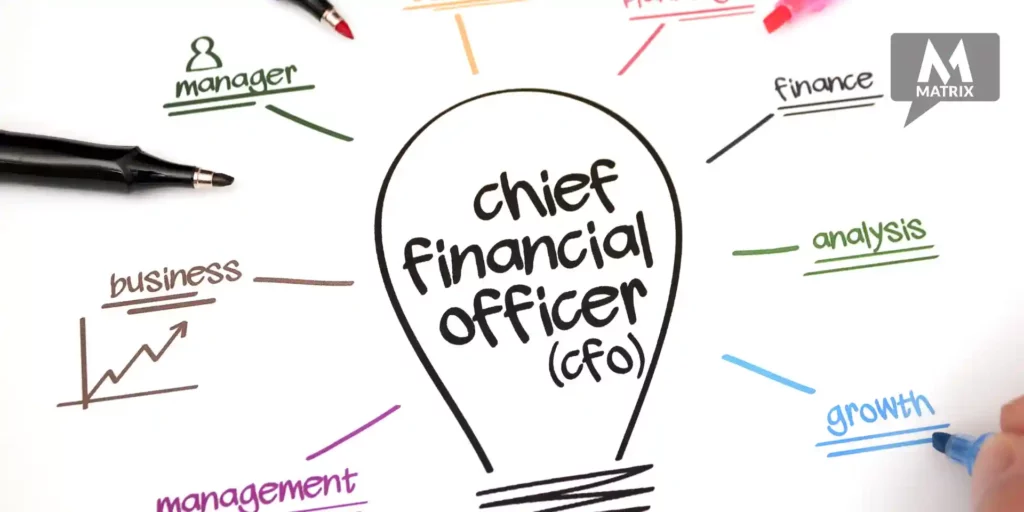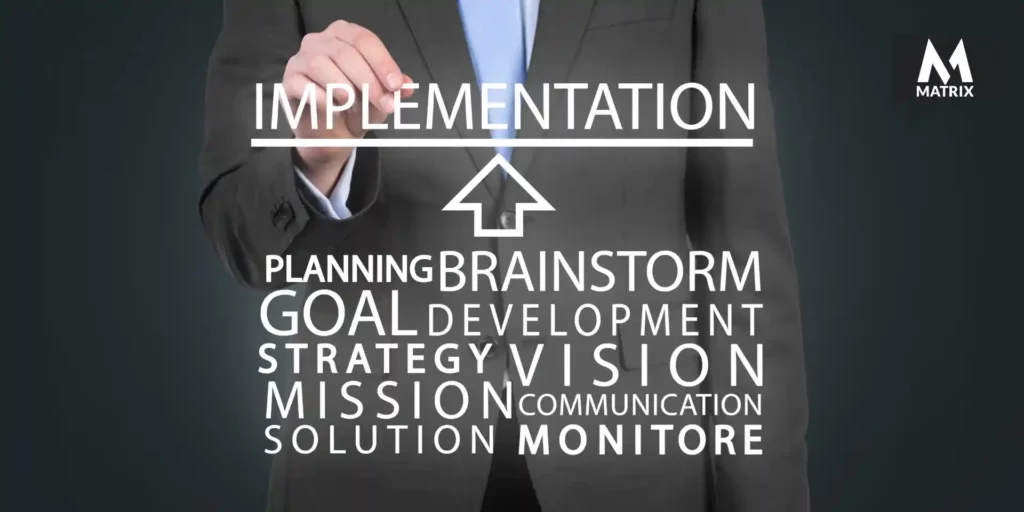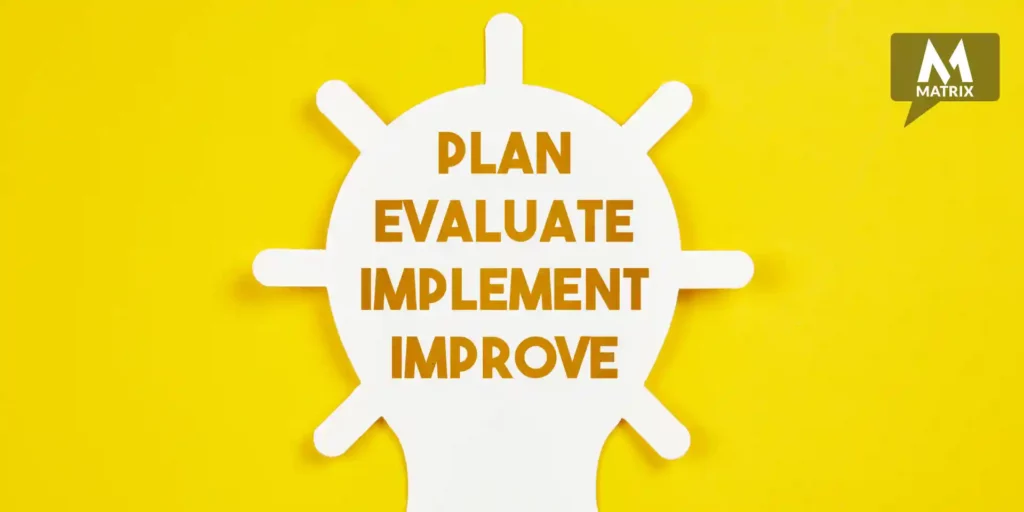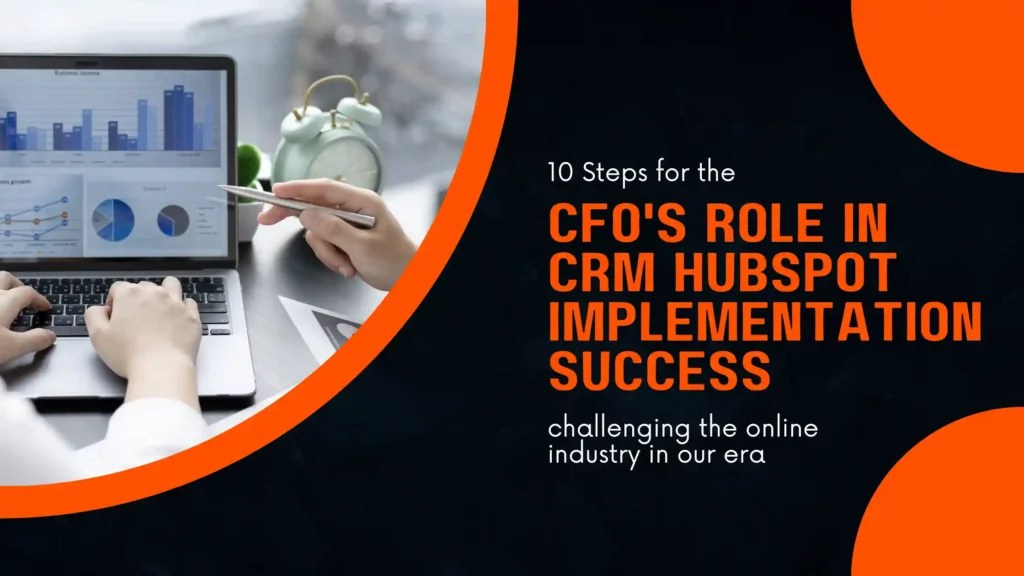10 Steps for the CFO’s Role in CRM HubSpot Implementation Success
Learn the 10 Steps for the CFO’s Role in CRM HubSpot Implementation Success or Failure.
Successful CRM HubSpot implementations require the active involvement of every team member, from the CEO down to the newest intern. The CFO’s role in the pursuit of growth. Today’s CFO needs to reinvent himself or herself.
Today, the Talent gap + Technology gap + Strategy Gap = Performance Gap. The CFO knows this. The CFO says:
- Our sales and marketing expenses are just too high for the revenue we’re generating. I know we can’t cut our way to revenue growth, but we’ve got to improve the return on our current investment before spending any more.
- We need to increase our revenue per employee, particularly per salesperson. We need more sales productivity.
So, how can the CFO get involved?
However, one role that is often overlooked is that of the CFO. The CFO ensures the company has the financial resources to implement and support the CRM system.
They are also responsible for ensuring that accurate and timely financial information is available to management to make sound business decisions.
Annual Marketing Budget Calculator
Most importantly, to ensure that the implementation is on time and shows a return on investment, this article will outline 10 steps the CFO can take to help ensure a successful CRM HubSpot Implementation.
Are you looking for ways to improve your company’s CRM system?
HubSpot is a great CRM system because it is so versatile. It can be used for small businesses and large enterprises alike. The CMO, CEO, and CFO must be on the same page.
However, even the best CRM system can’t do its job properly without the active involvement of all team members. That’s why we’ve put together this article, which outlines 10 steps the CFO can take to help ensure a successful CRM HubSpot Implementation.
Read the article now! You won’t regret it.
Problems for CFOs in private equity firms regarding portfolio companies implementing a new CRM platform.

Regarding CRM HubSpot implementations, CFOs in private equity firms have a lot on their plate. Not only do they need to ensure that the company has the financial resources to implement and support the CRM system, but they also need to ensure that accurate and timely financial information is available to management to make sound business decisions.
Most importantly, they need to ensure that the implementation is on time and shows a return on investment. In this article, we will outline three major problems CFOs in private equity firms often face when portfolio companies implement a new CRM platform.
The first problem is that many CFOs struggle with getting their portfolio companies to implement the new CRM platform. Often, executives are hesitant to make changes, especially if they’re already happy with their current system. In some cases, CFOs may need to be more proactive in getting executives on board with the new system.
The second problem is that CFOs often have difficulty effectively ensuring employees use the new CRM platform. CFOs must work closely with the CRM vendor to ensure employees are properly trained to use the new system. This can be difficult since different employees have different needs and preferences.
The third problem is that CFOs must ensure that the new CRM platform doesn’t cost the company more money than it saves. This can be challenging, especially if the company already uses multiple systems. CFOs need to work with the vendor to ensure that pricing is fair and that the system will save the company money in the long run.
If you’re a CFO in a private equity firm, then you know that implementing a new CRM platform can be a challenge. But by following these three tips, you can help ensure that your portfolio companies have a successful implementation. Digital Marketing for Solar Dealers to Increase Sales
CEO’s Role in CRM HubSpot Implementation Success
Most CEOs are focused on their company’s overall success and profitability. While the CFO is responsible for ensuring that the company has the financial resources to implement and support a CRM HubSpot system, the CEO is responsible for ensuring that the system is used effectively and provides a return on investment.
To ensure that the company gets the most out of its CRM system, the CEO should be involved in the implementation process from start to finish. They should work closely with the CFO and CRM vendor to ensure the system meets the company’s needs. They should also ensure employees are properly trained to use the system.
If the CEO isn’t involved in the implementation process, there’s a good chance that the company will not get as much value out of its new CRM system as possible. CEOs can help ensure that their company culture is centered around the customer and technology, such as the CRM HubSpot system, to support that culture of digital transformation.
What is CRM selection?
CRM systems have a lot of different options. So, how do you know which one is right for your company?
The first step is to understand CRM selection. CRM selection is choosing a CRM system that meets your company’s needs. It’s important to remember that not every CRM system is the same, so you must ensure that the system you choose fits your specific needs.
There are a few things you should consider when selecting a CRM system:
- What are your company’s needs?
- What are the features of each CRM system?
- How much does each CRM system cost?
- How easy is each CRM system to use?
- How reliable is each CRM system?
- What kind of support and training does each CRM system offer?
- What is the return on investment for each CRM system?
- How long will it take to implement each CRM system?
- What are the risks and benefits of each CRM system?
- Which CRM system is best for your company?
What is CRM implementation?

CRM implementation is the process of installing and configuring a CRM system. It’s important to remember that not every CRM system is the same, so you must ensure that the system you choose fits your specific needs.
A HubSpot implementation is a specific type of CRM implementation. It’s a cloud-based CRM system that helps companies to manage their customer relationships. Several steps are involved in a successful HubSpot implementation:
- Planning: This is the phase where you will assess your needs and decide which features to include in your implementation. You’ll also need to create a project plan and budget.
- Implementation: This is the phase where you will install and configure the system.
- Training: You’ll need to provide training for your employees to learn how to use the system.
- Marketing: You must create marketing materials to promote the system and motivate your customers to use it.
- Ongoing Support: You’ll need to provide ongoing support for your customers so they can get the most out of the system.
These are the basic steps involved in a HubSpot implementation. However, each company will have unique requirements, so you may need to add or delete steps depending on your needs.
What is HubSpot CRM?
HubSpot CRM is a cloud-based CRM system that helps companies manage their customer relationships. It’s a great tool for businesses of all sizes and offers many features that can help improve customer relationships.
One of the great things about HubSpot CRM is that it’s so easy to use. You can access it from any computer or mobile device and customize it to meet your needs. It also integrates with other popular applications, such as Salesforce and Google Apps, to easily manage customer relationships from one central location.
HubSpot CRM is a great option if you’re looking for a powerful and easy-to-use CRM system. It’s perfect for businesses of all sizes and offers many features that can help you improve your customer relationships. The 10 Unbelievable Sales Pipeline Metrics You Can’t Miss
The CMO and CFO alignment for a CRM implementation project.

Regarding a successful CRM implementation, the CMO and CFO must align. The CMO is responsible for creating marketing materials to promote the system and get customers excited about using it.
The CFO ensures the company has the financial resources to implement and support the CRM system. They are also responsible for ensuring that accurate and timely financial information is available to management to make sound business decisions.
Both departments must be on the same page during a CRM implementation project. This will help ensure the project stays on track and everyone is working towards the same goal.
If you’re looking to implement a CRM system, ensuring that the CMO and CFO are aligned with the project is important.
10 Steps for the CFO’s Role in CRM HubSpot Implementation Success

Understand the company’s needs for a new CRM system
- Understand the company’s needs for a new CRM system
- Work with the CRM vendor to select the right system
- Get executive buy-in for the new system
- Make sure employees are properly trained on how to use the system
- Manage costs and ensure that the system provides a return on investment
- Monitor usage of the new system and make changes as needed
- Celebrate successes and learn from failures
- Maintain communication with executives and employees throughout the implementation process.
- Plan for the long-term success of the CRM HubSpot system
- Thank everyone who helped make the implementation a success!
What are the key considerations for the CFO when implementing CRM HubSpot?
When implementing a CRM HubSpot system, the CFO’s key considerations include the following:
- The budget resources required to implement and support the CRM system.
- Accuracy and timeliness of financial information available to management.
- Ensuring that the implementation is on time and shows a return on investment.
What are some of the challenges that the CFO may face during a CRM HubSpot implementation?

One of the challenges that the CFO may face during a CRM HubSpot implementation is ensuring that the company has the financial resources to support the system.
They are also responsible for ensuring that accurate and timely financial information is available to management to make sound business decisions.
However, the most important thing is ensuring that the implementation is on time and shows a return on investment.
Manufacturing Firms implementing the HubSpot CRM platform.
1. Bell Performance Manufacturing has been using a manual system to track customer orders and manage inventory for years. When they decided to switch to a CRM HubSpot system, they worried it would be too costly and time-consuming.
However, with their CFO’s help, they could create a budget to implement the system quickly and without breaking the bank. The new system has helped them better track customer orders, manage inventory, and forecast future demand. As a result, they have increased sales by 35% over the past year.
2. DECK Manufacturing had been using a CRM system that was no longer meeting its needs. It was looking for a system that would allow it to better track customer interactions and sales cycle data. After researching several different CRM systems, we decided to go with HubSpot.
Their CFO was instrumental in the decision-making process. He helped them create a budget that would allow them to implement the new system quickly and without breaking the bank. The new system has helped them better track customer interactions and sales cycle data and forecast future demand. As a result, they have increased sales by 34% over the past year.
3. Computek had been using a CRM system that was no longer meeting its needs. It was looking for a system that would allow it to better track customer interactions and sales cycle data. After researching several different CRM systems, we decided to go with HubSpot.
Their CFO was instrumental in the decision-making process. He helped them create a budget that would allow them to implement the new system quickly and without breaking the bank.
Conclusion
The CFO’s role is important in the success of a CRM HubSpot Implementation. They are responsible for ensuring the company has the financial resources to implement and support the CRM system.
They are also responsible for ensuring that accurate and timely financial information is available to management to make sound business decisions. Most importantly, they are responsible for ensuring that the implementation is on time and shows a return on investment.
General FAQs
What is the role of the CFO in a CRM HubSpot Implementation?
The CFO’s role in a CRM HubSpot Implementation is important. They are responsible for ensuring the company has the financial resources to implement and support the CRM system.
How can the CFO help ensure success during a CRM HubSpot Implementation?

The CFO can help ensure success during a CRM HubSpot Implementation by: (1) Creating a budget that allows for a quick and efficient implementation, (2) Ensuring that accurate and timely financial information is available to management, and (3) Making sure the implementation is on time and shows a return on investment.
What are some of the challenges that the CFO may face during a CRM HubSpot implementation?
One of the challenges that the CFO may face during a CRM HubSpot implementation is ensuring that the company has the financial resources to support the system. The CFO is also responsible for ensuring that accurate and timely financial information is available to management to make sound business decisions.
Why does HubSpot implementation fail?

There are many reasons why HubSpot implementations fail. Some of the most common reasons include (1) lack of preparation, (2) unrealistic expectations, (3) inadequate budget, and (4) lack of leadership commitment. If you want to ensure the success of your HubSpot implementation, avoid these common pitfalls.

